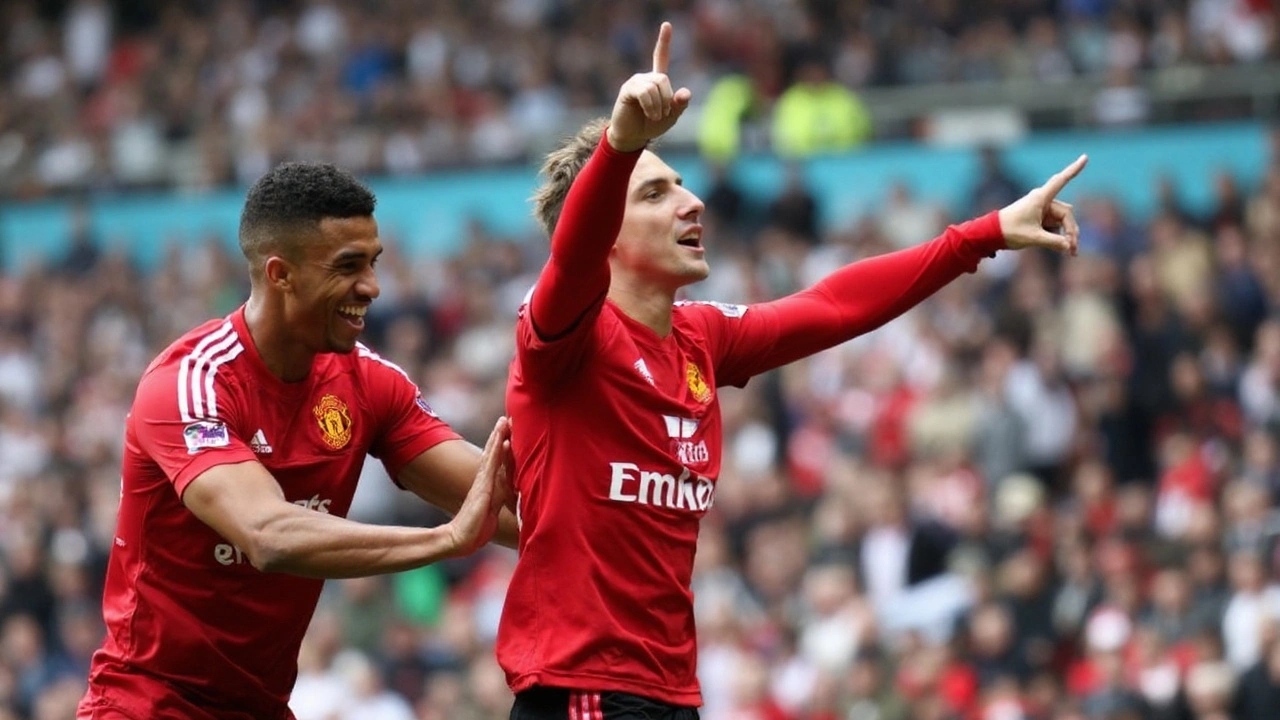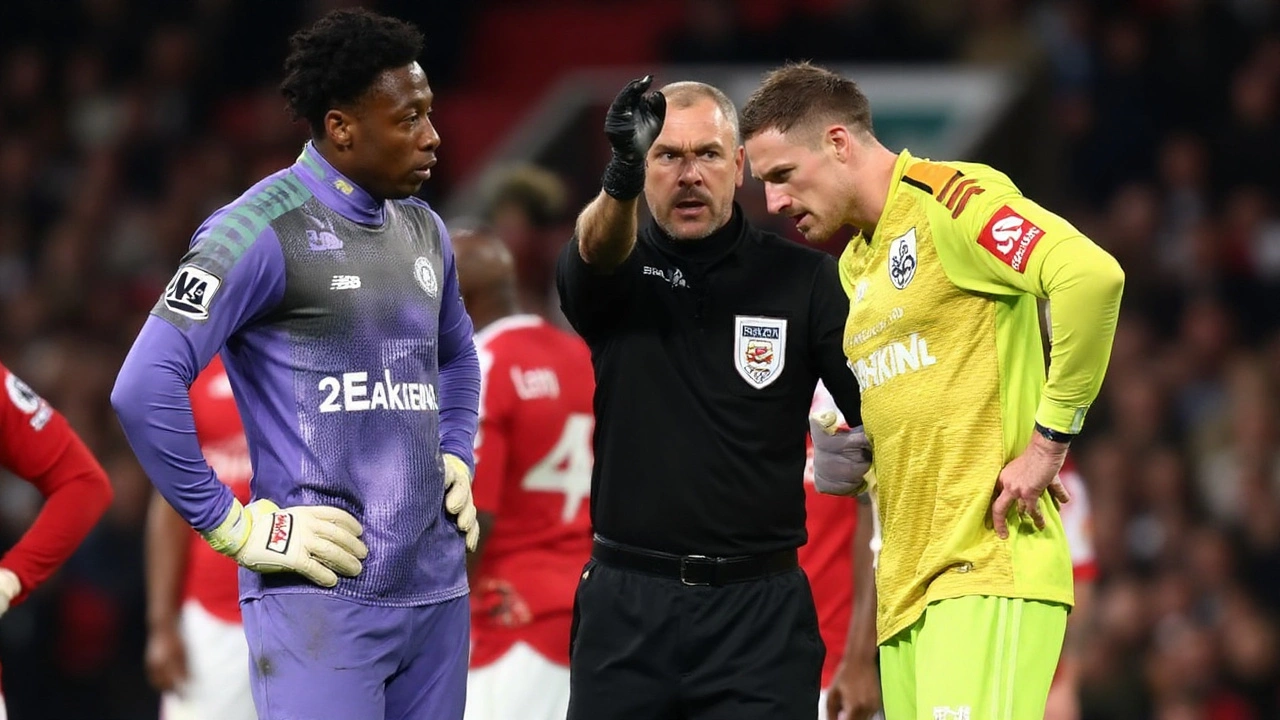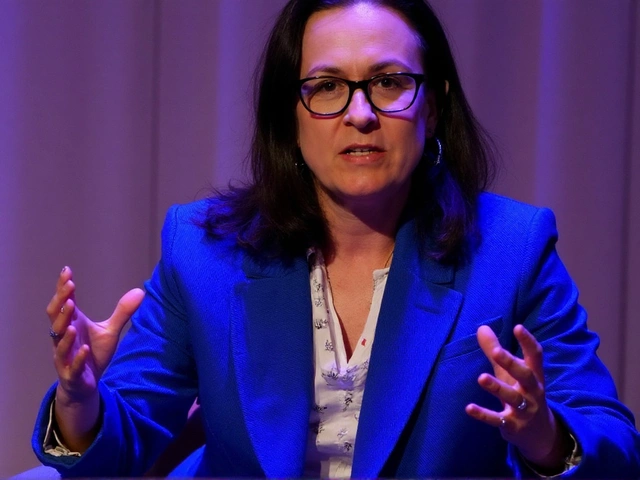Smith Rowe flips the script after United’s fast start
One swing of a boot, one point rescued. Emile Smith Rowe came off the bench and scored with his first touch to earn Fulham a 1-1 draw against Manchester United, snapping the visitors’ eight-match winning streak at Craven Cottage and keeping Ruben Amorim waiting for his first Premier League victory.
The game had all the early drama United could have asked for. Inside two minutes, Matheus Cunha stroked a measured effort through Calvin Bassey’s legs and onto the post. It was a warning that set Fulham on edge and gave United a foothold. The breakthrough came not long after, and in typically scruffy opening-week fashion: teenage centre-back Leny Yoro met a corner and his glancing header flicked off Rodrigo Muniz and in. It will go down as an own goal for the Fulham forward, though Yoro did most of the heavy lifting with the initial contact.
United then had a golden chance to double the lead. Mason Mount went down under Bassey’s challenge and the referee pointed to the spot. Bruno Fernandes stepped up, stuttered, and struck firmly—but Bernd Leno guessed right and palmed the ball away. The penalty award drew protests from Fulham players and groans from the home end, and Leno’s save felt like a momentum swing rather than a footnote.
Fulham’s own best early moment came at 12 minutes when Ryan Sessegnon’s clever flick released Josh King, who couldn’t make the touch count. That half-chance, plus Leno’s penalty stop, steadied the home side after a jittery opening. They started to stitch passes through midfield and aimed quickly to the flanks, where the space was. United still pressed well and carried a threat on turnovers, but the clean, early patterns faded as the half wore on.
Amorim’s selections told their own story. With Rasmus Hojlund absent amid transfer links, Mount started as a roaming No 9, dropping deep to connect midfield and attack. It gave United control between the lines, but it also left fewer bodies in the box when moves quickened. After the break, United rolled out the big guns: a new £200 million frontline of Benjamin Sesko, Cunha and Bryan Mbeumo featured for the final 40 minutes. On paper, that’s pace, height and direct running. In practice, it was bursts of danger without the final touch.
Fulham grew into it by doing simple things well. They pushed their wingers high, hit early crosses, and forced United’s back line to defend facing their own goal. The equaliser in the 67th minute was crisp and clinical. Alex Iwobi found a pocket on the right, wrapped his foot around a teasing delivery, and Smith Rowe, just on the pitch, ghosted into the six-yard box to guide it home with his first involvement. The movement was sharp; the finish was calm. Craven Cottage roared like it was May, not August.
From there, the game stretched. United still created the clearer sights of goal, but Fulham’s counters had bite. When United did find set-piece joy late on, Harry Maguire rose and planted his header wide, hands on head as the chance skidded past the far post. It was that sort of afternoon: near misses for United, a timely punch from Fulham, and tension right up to the final whistle.

Tactics, turning points and a few uncomfortable questions for United
United’s opening spell looked like a plan coming together. The press was coordinated, the back line stepped in to win duels, and Fernandes and Mount combined to pull Fulham’s midfield around. But after Leno’s penalty save, the edge dulled. Fulham tilted the pitch with smarter use of width and quicker passes into the channels. The equaliser summed up the adjustment: early cross, runner across the near post, defenders reacting half a beat late.
For Amorim, the positives are clear enough. Yoro looked assured and aggressive, even beyond the deflected opener. The front line he unleashed in the second half will scare plenty of teams once the chemistry clicks. And the chances were there—Cunha’s post, a handful of quick breaks, and that Maguire header. But the penalty miss hurt, and the decision to start without a natural box striker left United light when it came to finishing moves through traffic.
Mount’s role as a lone striker was a nod to United’s current moving parts as much as a tactical choice. He linked play well, drifted wide to open lanes for runners, and drew the foul that led to the missed penalty. Still, when the ball was flashed across the six-yard area, United often had only one body attacking it. That changed with Sesko’s introduction—his presence offered a target—but Fulham’s centre-backs handled the aerial load better in the closing stretch.
Fulham’s resilience deserves a line of its own. Leno’s save was the platform, Bassey recovered after a shaky start, and Iwobi kept asking questions with his deliveries. The bench made the difference. Smith Rowe’s timing was impeccable, but the move was clearly rehearsed: wide overload, quick release, front-post dash. If the finishing touch looked simple, that’s because the movement did the heavy lifting.
The officiating flashpoint—Bassey’s contact on Mount—will give both fan bases something to chew on. There was contact, and there was also a sense Mount sought it once he felt the leg. Either way, Leno’s intervention made the argument moot on the scoreboard. United can point to expected goals and territory, Fulham can point to control of key moments. A draw feels about right.
Context matters, and here’s the bit that will nag at United: this is another game without a league win to start the 2025/26 campaign under Amorim. The new-look attack is expensive and exciting, but fluency takes time. Hojlund’s absence, tied up in transfer noise, adds uncertainty. When a squad is being reshaped, points can slip while roles settle. That’s fine in September; it stings in August when the table is fresh and unforgiving.
For Fulham, this is a statement of steadiness. They absorbed a rocky first 20 minutes, rode their keeper’s big save, and found a high-quality equaliser through smart coaching and brave substitutions. The Cottage crowd fed off it, and the players responded with energy instead of panic. Against a United side packed with profiles and price tags, that’s not nothing.
In the end, the details told the story. A deflection to open it. A save to keep it alive. A first touch to level it. Add an empty space where Maguire’s header should have gone, and you’ve got the anatomy of a tight Premier League draw. United leave with plenty to fix and enough signs to say it’s fixable. Fulham head home with a point that felt earned rather than gifted.





